CAN MENTAL HEALTH AFFECT PHYSICAL HEALTH
CAN MENTAL HEALTH AFFECT PHYSICAL HEALTH

INTRODUCTION
In the realm of healthcare, mental health and physical health have often been treated as distinct entities. However, extensive research has revealed that the mind and body are intricately connected, with mental health significantly influencing physical well-being. This interplay between mental and physical health highlights the importance of holistic approaches to healthcare and underscores the need to prioritize mental well-being for overall wellness.
Understanding the Mind-Body Connection

The mind-frame connection refers to the interdependent dating between intellectual and bodily fitness. Our thoughts, feelings, and behaviors can profoundly impact our bodily well-being, both definitely or negatively. Numerous studies have mounted a robust correlation between mental fitness disorders and bodily ailments, illustrating the some distance-reaching outcomes of untreated mental health problems
Impact of Mental Health on Physical Health
Weakening the Immune System:
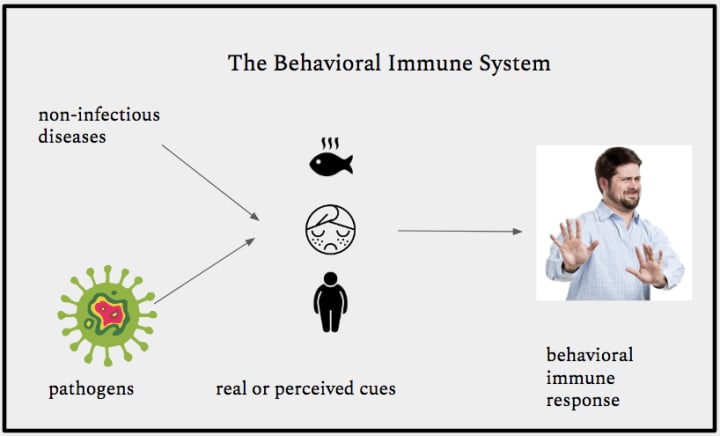
Prolonged strain, tension, and despair can compromise the immune device, making individuals greater liable to infections and illnesses. Chronic pressure triggers the discharge of stress hormones like cortisol, which, while found in excess, can impair immune feature and growth infection inside the frame.
Cardiovascular Health:
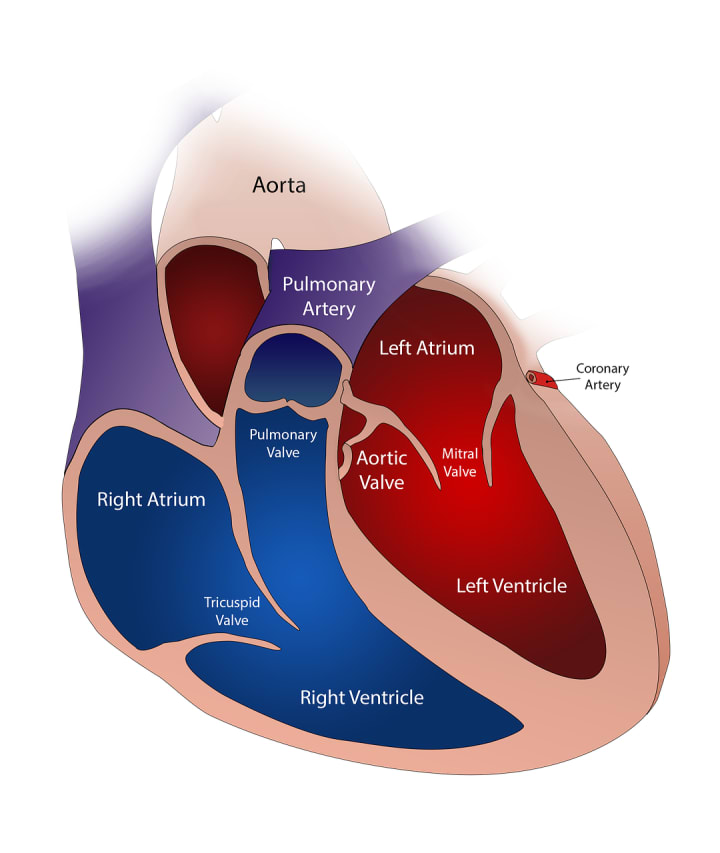
Mental fitness problems like despair and continual strain were connected to an increased risk of coronary heart disorder, excessive blood pressure, and coronary heart assaults. Psychological misery can cause dangerous coping mechanisms which includes overeating, smoking, or sedentary behavior, all of which make contributions to cardiovascular problems.
Digestive Disorders:
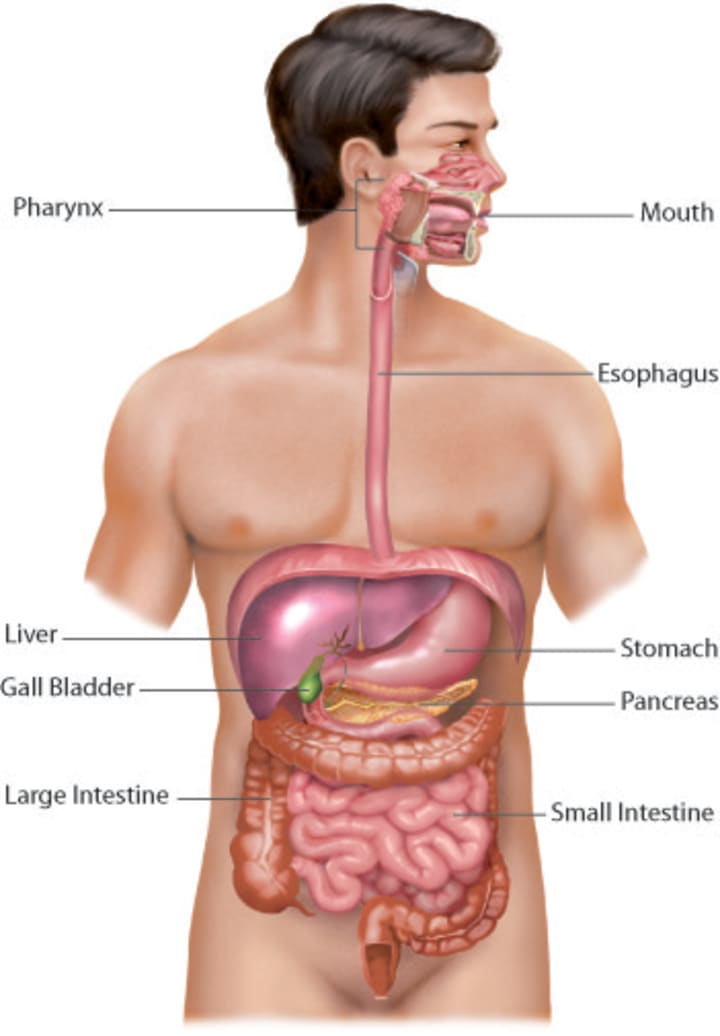
The gut-mind axis demonstrates how the gastrointestinal machine and the mind engage. Mental fitness troubles which include tension and depression can disrupt this sensitive balance, leading to digestive issues like irritable bowel syndrome (IBS), ulcers, and acid reflux disorder.
Sleep Disturbances:
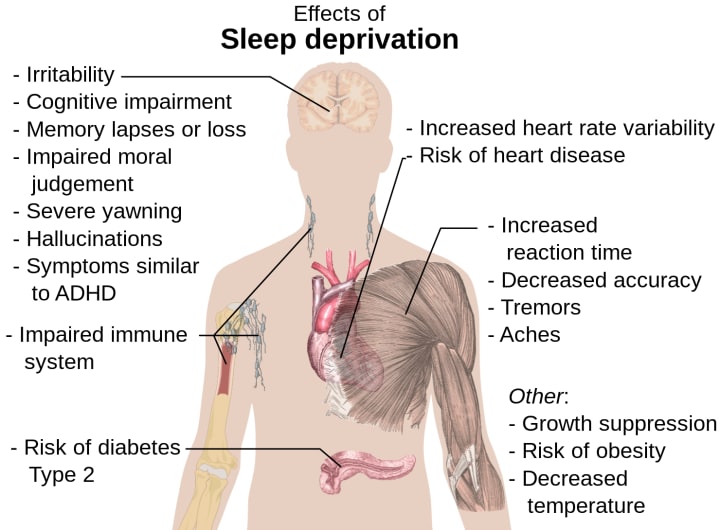
Mental fitness problems often show up as sleep disturbances, which includes insomnia, nightmares, and sleep apnea. Lack of pleasant sleep not best influences intellectual well-being but also weakens the immune device, impairs cognitive function, and will increase the chance of chronic situations like diabetes and weight problems.
Chronic Pain:
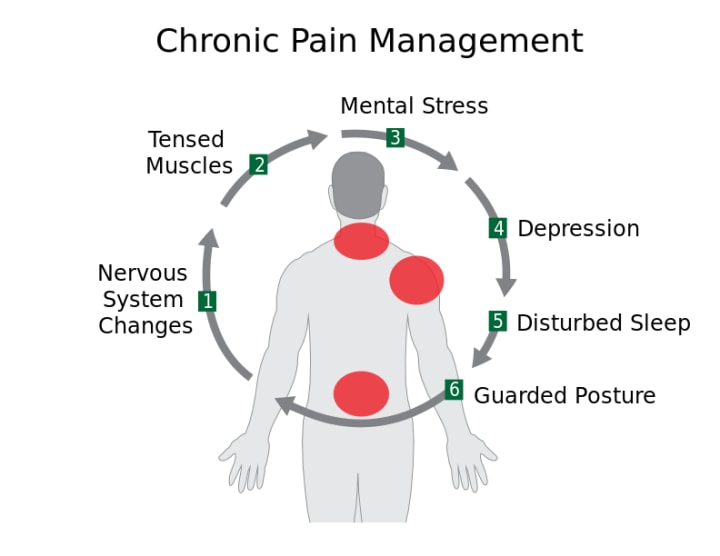
Mental fitness issues can accentuate the belief of ache and make it more tough to manipulate. Conditions like fibromyalgia and anxiety complications are regularly comorbid with tension and depression, highlighting the interaction between intellectual and bodily signs and symptoms.
Breaking the Stigma, Promoting Holistic Care

Acknowledging the impact of mental fitness on bodily properly-being is critical for breaking the stigma surrounding intellectual infection and fostering a more comprehensive technique to healthcare. It is vital to understand that intellectual fitness is as essential as bodily health and to prioritize prevention, early intervention, and integrated treatment techniques.
Education and Awareness:

Public training campaigns can assist debunk misconceptions surrounding mental health and promote know-how of the mind-body connection. By growing focus, we will encourage individuals to searching for assist, lessen stigma, and foster empathy and help for the ones struggling with intellectual fitness issues
Integrated Healthcare:
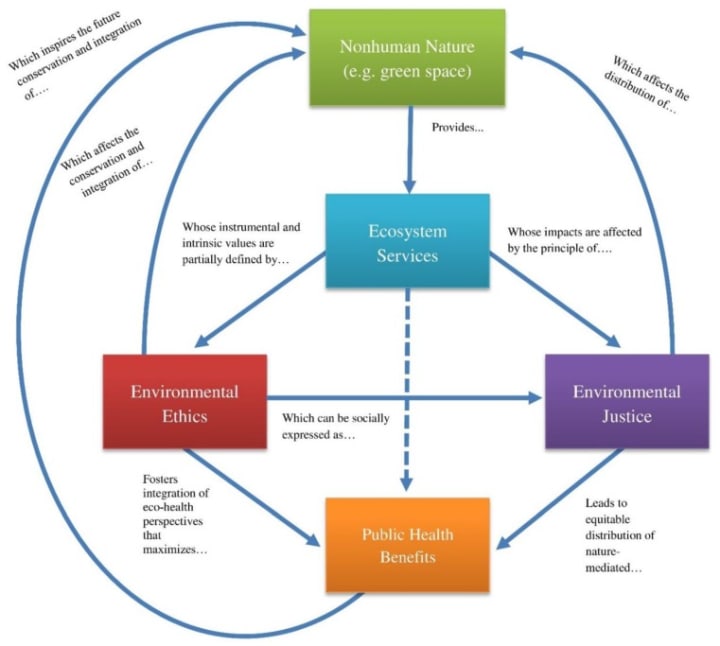
Healthcare specialists need to undertake an incorporated approach that considers mental fitness as an vital issue of typical properly-being. Collaborative efforts among mental fitness specialists, number one care physicians, and different healthcare vendors can make sure comprehensive care, addressing both intellectual and bodily health worries.
Self-Care and Lifestyle Modifications:

Individuals can play an lively function in keeping their mental and bodily fitness through self-care practices. Regular exercising, a balanced weight loss plan, excellent sleep, stress control techniques (including meditation or therapy), and cultivating strong social connections are all vital additives of holistic well-being.
Workplace Mental Health Support:

Employers have a responsibility to create a supportive work surroundings that prioritizes worker mental health. Implementing intellectual health programs, presenting counseling offerings, and selling work-existence stability can appreciably contribute to the well-being of employees and reduce the negative effect on their physical health.
About the Creator
Dinesh Premabandu
As a freelance writer and researcher, I am a passionate and dedicated individual with a keen eye for detail and a love for words. With broad of experience in the field, I have honed my skills in producing high-quality contents any topics
Enjoyed the story? Support the Creator.
Subscribe for free to receive all their stories in your feed. You could also pledge your support or give them a one-off tip, letting them know you appreciate their work.






Comments
There are no comments for this story
Be the first to respond and start the conversation.